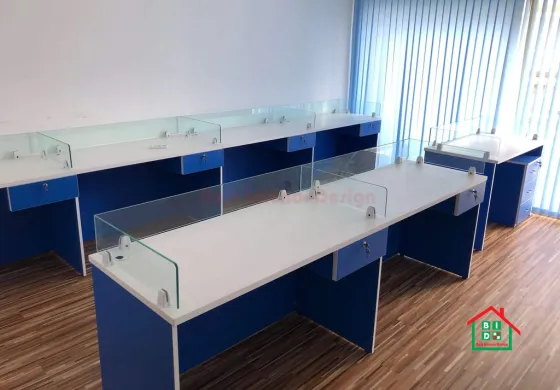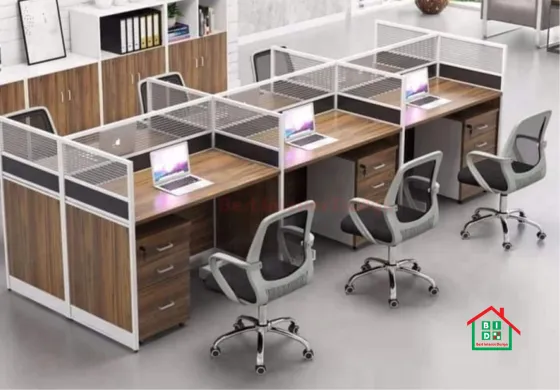Best Workstation Design in Bangladesh
We make quality workstations within your budget.
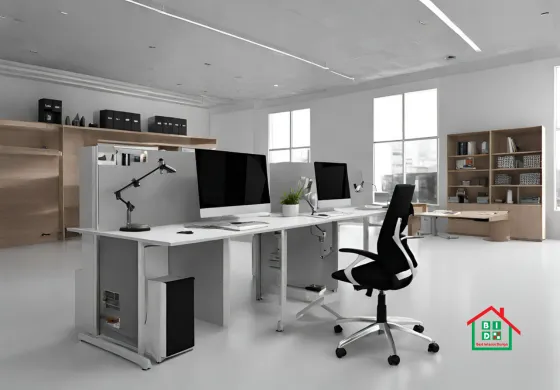
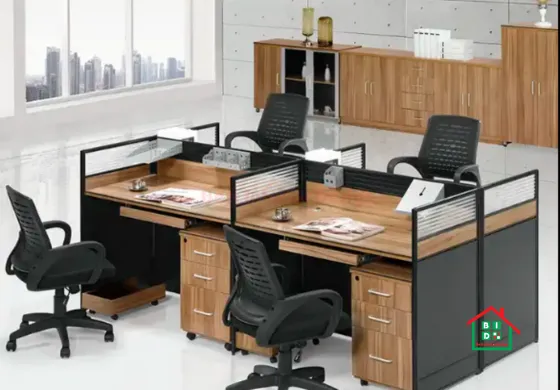
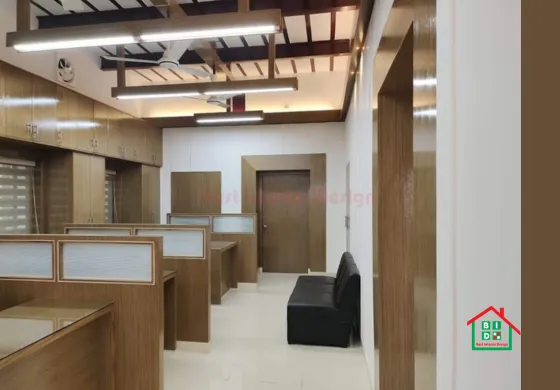
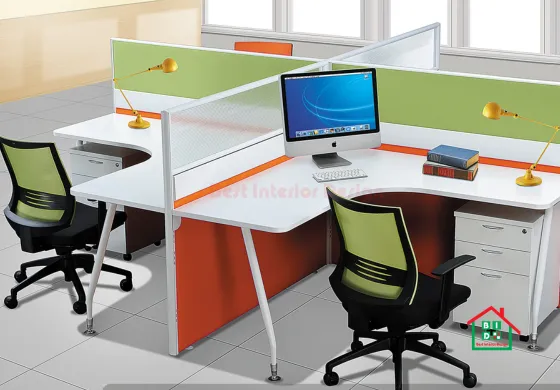
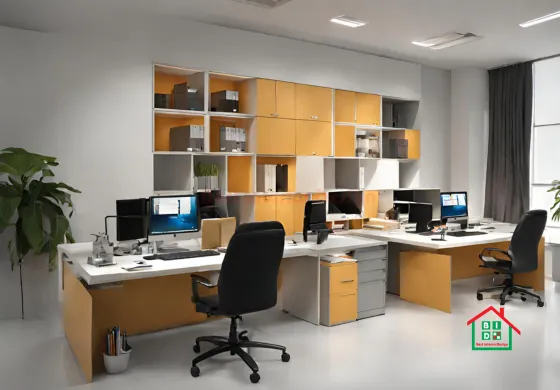
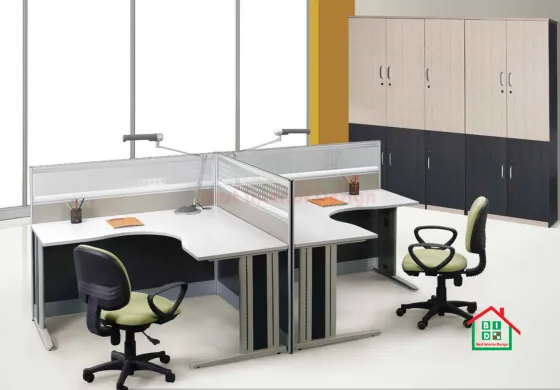
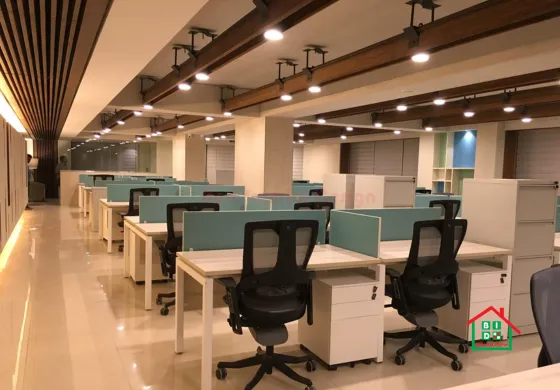
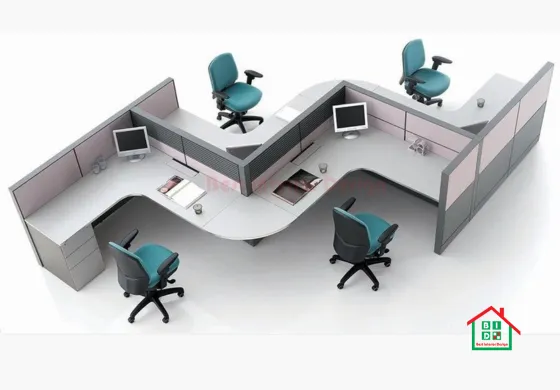
Schedule a Free Estimate
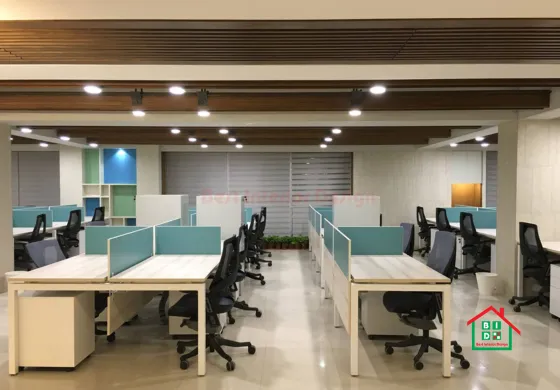
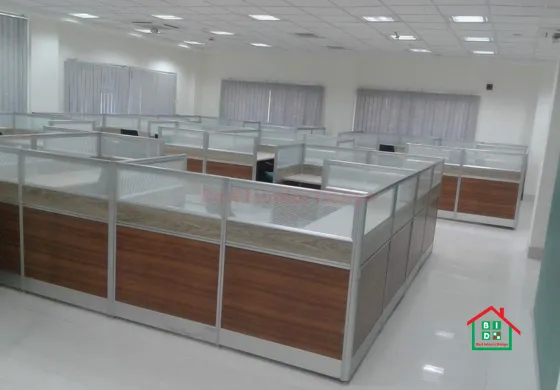
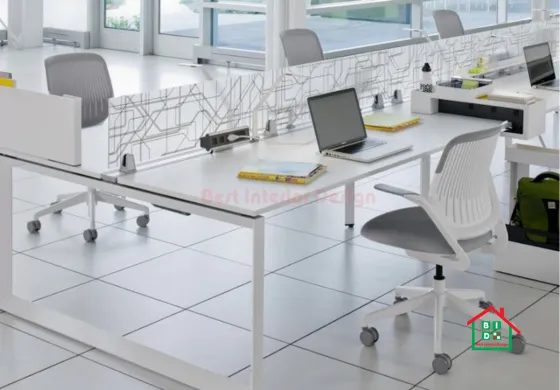
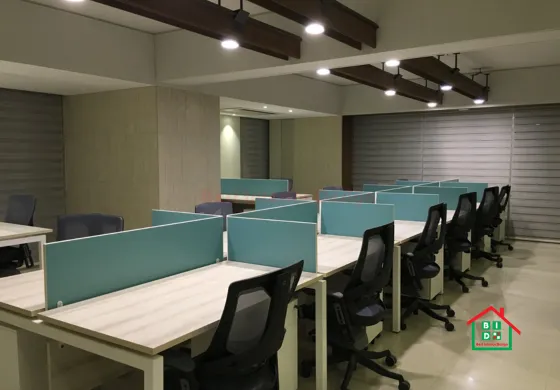
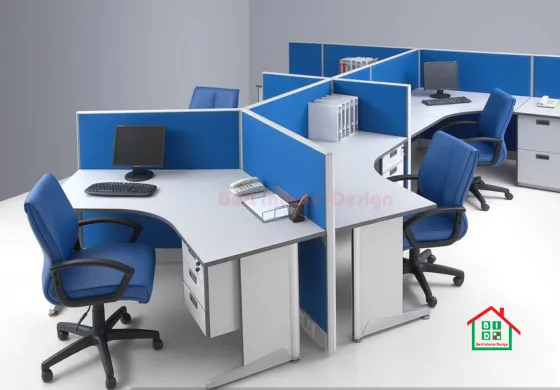
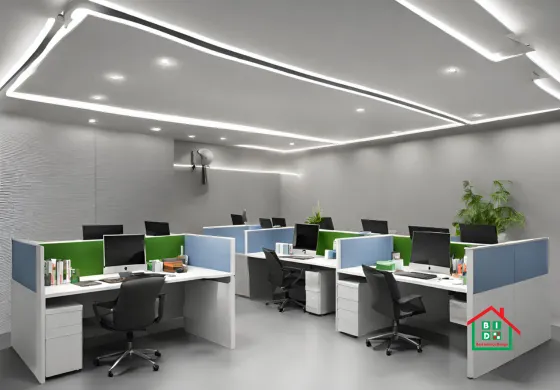
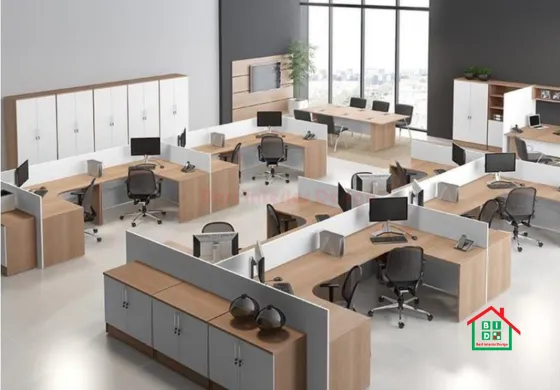
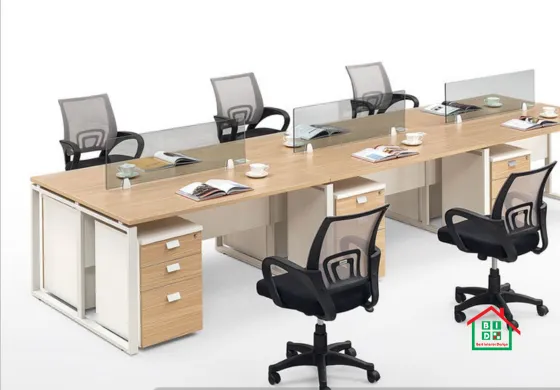

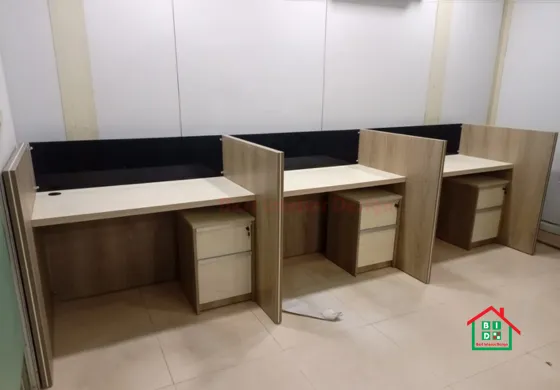
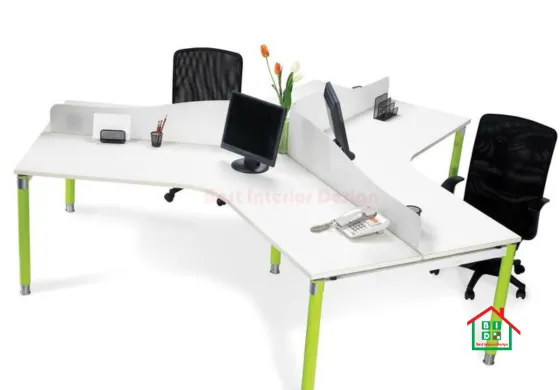
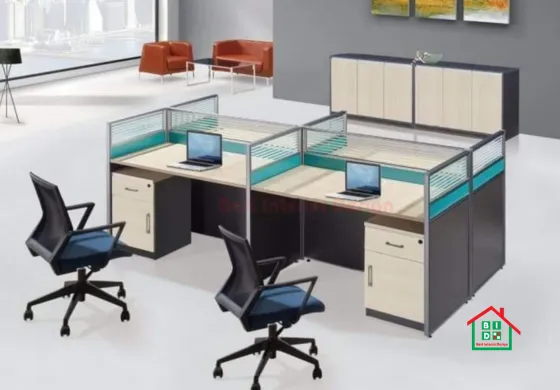
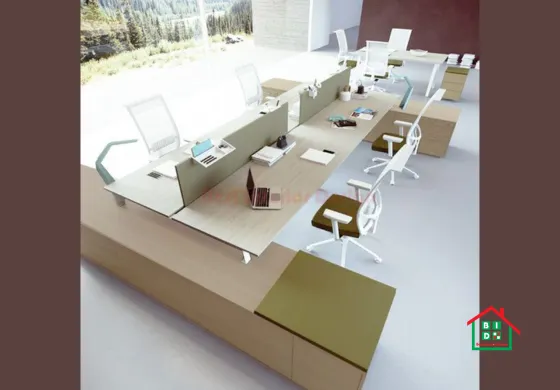
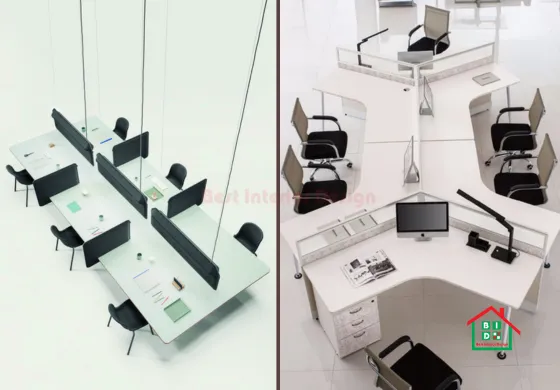
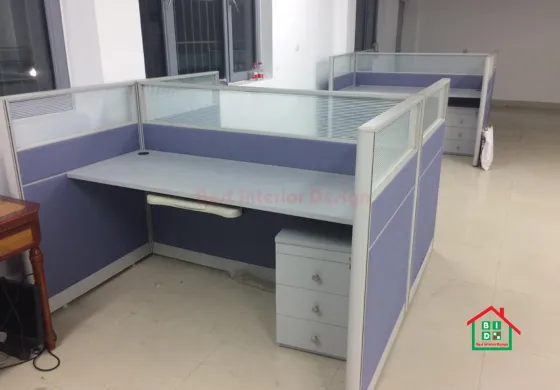
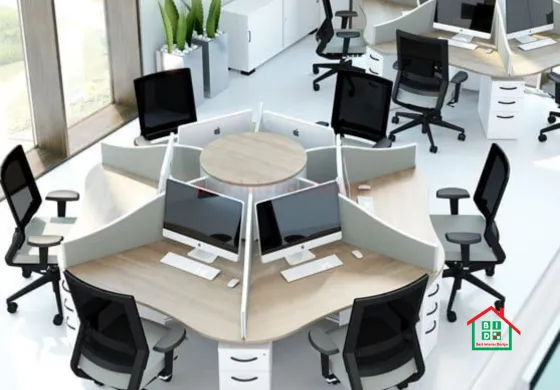
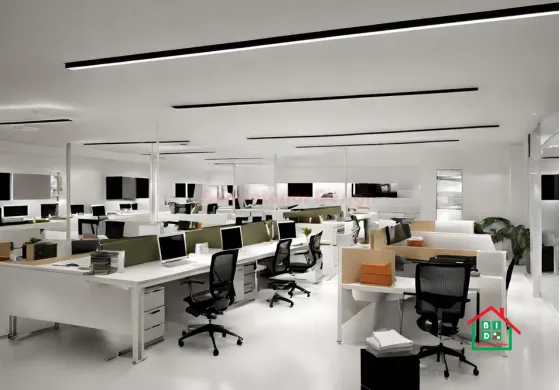
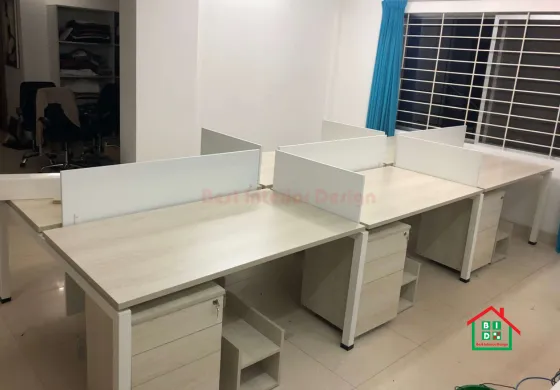
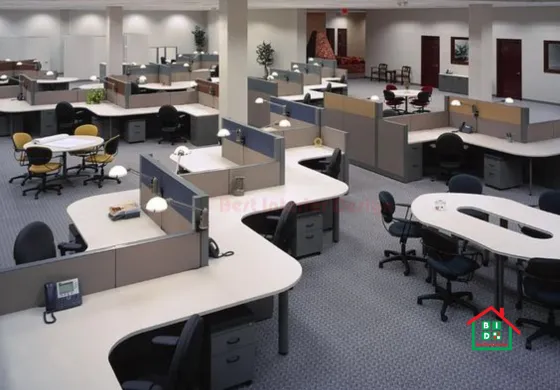
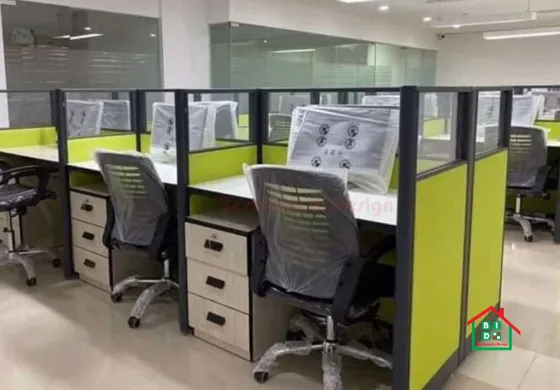
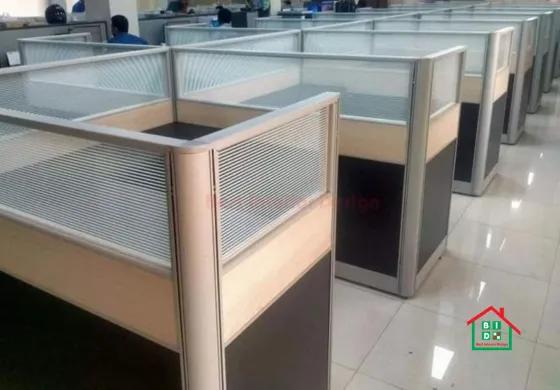
Schedule a Free Estimate
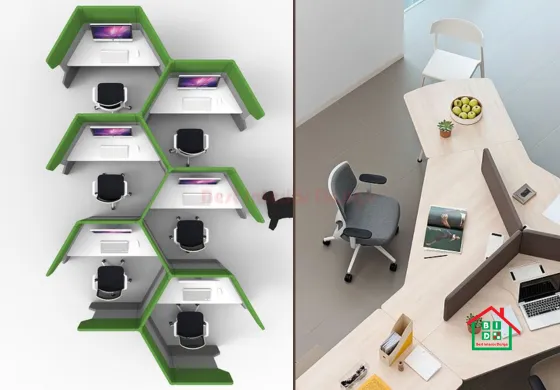
In the dynamic landscape of contemporary workplaces, the meticulous design of workstations stands as a linchpin for fostering productivity and employee well-being. The concept of workstation design transcends mere physical arrangements, delving into the intricate balance of ergonomics, technological integration, and cultural nuances.
As we explore the realm of workstation design in Bangladesh, a country with diverse work cultures, it becomes evident that the careful orchestration of these elements is paramount. Workstation design, in essence, encapsulates the art of creating environments that not only optimize operational efficiency but also resonate with the cultural fabric of the workforce.
This article navigates through the multifaceted dimensions of workstation design, considering the significance of ergonomic practices, technological considerations, customization options, and the impact of cultural influences. Within the context of Bangladesh, where tradition meets innovation, the narrative unfolds, shedding light on the challenges, successes, and the evolving trends that shape the workstations of today and tomorrow.
\Factors Influencing Workstation Design
The design of a workstation is influenced by various factors, ranging from the physical layout to the technological infrastructure.
Physical Workspace
1. Desk and Chair
Choosing the right desk and chair is foundational to a comfortable workstation. Adjustable furniture allows individuals to customize their setup based on their needs.
2. Lighting
Proper lighting is essential for reducing eye strain and creating a conducive work environment. Natural light, when possible, is preferred.
3. Ventilation
A well-ventilated workspace contributes to the overall comfort of employees. Adequate air circulation is necessary for a healthy work atmosphere.
Technological Considerations
1. Computer Systems
The choice of computer systems should align with the nature of the work. High-performance systems may be necessary for tasks requiring significant computing power.
2. Connectivity
A robust and reliable internet connection is vital. Additionally, considering the need for multiple connectivity options enhances flexibility.
3. Accessories
The inclusion of ergonomic accessories such as keyboard trays, mouse pads, and monitor stands contributes to a well-rounded workstation.
\Ergonomic Practices for Health and Productivity
Prioritizing ergonomic practices in workstation design is essential for maintaining the health and productivity of employees.
Importance of Ergonomics
Emphasizing ergonomic principles reduces the risk of musculoskeletal disorders, enhances concentration, and boosts overall job satisfaction.
Tips for a Healthy Workstation
1. Proper Posture
Educating employees about maintaining proper posture while working minimizes the risk of back and neck pain.
2. Regular Breaks
Encouraging short breaks throughout the workday helps prevent eye strain and mental fatigue.
3. Adequate Lighting
Ensuring sufficient lighting, both natural and artificial, is vital for reducing eye strain and creating a vibrant work environment.
\Customization in Workstation Design
A one-size-fits-all approach does not suffice when it comes to workstation design. Customization is key to meeting the diverse needs of employees.
Tailoring to Job Roles
Different job roles require different workstation setups. Tailoring the design to specific job functions enhances efficiency.
Personalization Options
1. Adjustable Furniture
Providing furniture that individuals can adjust to their liking accommodates varying preferences and body types.
2. Customizable Tech Setup
Allowing employees to personalize their technological tools fosters a sense of ownership and comfort.
\Cultural Influences on Workstation Design in Bangladesh
In a country with a rich cultural heritage like Bangladesh, workstation design should reflect and respect local preferences.
Local Preferences
Understanding and incorporating local design preferences contribute to a workspace that feels familiar and welcoming.
Incorporating Tradition
1. Furniture Styles
Choosing furniture styles that resonate with local aesthetics enhances the visual appeal of the workspace.
2. Design Elements
Incorporating cultural design elements in the workspace creates a unique and authentic environment.
\Challenges in Workstation Design
Despite the evident benefits, designing effective workstations in Bangladesh comes with its set of challenges.
Budget Constraints
Limited budgets design often restrict the implementation of state-of-the-art ergonomic solutions. However, cost-effective alternatives exist.
Infrastructure Limitations
In some cases, inadequate infrastructure may pose challenges in providing ideal work conditions. Innovative solutions are required to overcome such limitations.
Cultural Sensitivity
Balancing modern design principles with cultural sensitivities is crucial. Striking the right chord ensures acceptance and adoption.
\Overcoming Challenges
Addressing the challenges associated with workstation design requires a proactive approach and creative solutions.
Affordable Solutions
Researching and implementing affordable ergonomic solutions can make a significant difference without straining budgets.
Innovative Designs
Collaborating with local designers to create innovative, cost-effective solutions tailored to the local context.
Education and Awareness
Promoting awareness about the importance of ergonomic workstations through training programs and workshops.
\Future Trends in Workstation Design
The world of workstation design is ever-evolving, and anticipating future trends is essential for staying ahead.
Flexible and Collaborative Spaces
Future workstation designs will prioritize flexibility and collaboration, moving away from traditional fixed desks to dynamic, multifunctional spaces. Adaptable furniture and modular layouts will enable employees to easily reconfigure their work environments based on task requirements. Collaborative zones equipped with advanced communication technologies will facilitate seamless teamwork, fostering a more interactive and engaging work experience.
Incorporation of Ergonomics and Well-being
Workstations will increasingly focus on enhancing employee well-being and productivity through ergonomic design principles. Furniture and tools will be crafted to support various work postures, reducing the risk of musculoskeletal issues. Integration of technologies like smart lighting and adjustable desk heights will contribute to creating healthier workspaces that cater to individual preferences, ultimately promoting a better work-life balance
Integration of Advanced Technologies
Future workstations will be characterized by the integration of cutting-edge technologies to enhance efficiency and connectivity. Augmented and virtual reality tools may become commonplace, enabling immersive work experiences and virtual collaborations. IoT (Internet of Things) devices will be seamlessly incorporated into workstations, allowing for intelligent automation, personalized climate control, and improved resource management, resulting in more intelligent and responsive work environments.
\Successful Workstation Designs in Bangladesh
1. Tech Startups in Dhaka
Tech startups in Dhaka have embraced innovative and affordable workstation designs, promoting creativity and collaboration. Open spaces, adjustable furniture, and vibrant decor contribute to a dynamic work environment.
2. Traditional Industries in Chittagong
In traditional industries in Chittagong, a blend of modern ergonomic furniture with traditional design elements has been successful. This approach acknowledges cultural preferences while prioritizing employee comfort.
Lessons Learned
1. Collaboration is Key
Successful workstation designs involve collaboration between designers, employees, and management to create spaces that cater to diverse needs.
2. Continuous Adaptation
Adapting to evolving work trends and employee feedback ensures that workstation designs remain relevant and effective over time.
\Conclusion
In conclusion, workstation design in Bangladesh is a dynamic and evolving field that requires a thoughtful blend of ergonomic principles, technological advancements, and cultural sensitivity. Creating workspaces that prioritize employee well-being, foster collaboration, and reflect local preferences is crucial for a thriving work environment.
\FAQs
Q: How does workstation design impact employee productivity?
A: Well-designed workstations enhance comfort, reduce fatigue, and contribute to a positive work environment, ultimately boosting productivity.
Q: Are ergonomic solutions expensive to implement?
A: While some ergonomic solutions may have a higher initial cost, there are affordable alternatives that can significantly improve workstation comfort.
Q: What role does cultural sensitivity play in workstation design?
A: Cultural sensitivity ensures that the design resonates with local preferences, fostering a sense of belonging and acceptance among employees.
Q: How can small businesses implement ergonomic workstations on a budget?
A: Small businesses can explore cost-effective solutions, such as adjustable furniture and DIY ergonomic adjustments, to create ergonomic workstations within budget constraints.
Successful Workstation Designs in Bangladesh
1. Tech Startups in Dhaka
Tech startups in Dhaka have embraced innovative and affordable workstation designs, promoting creativity and collaboration. Open spaces, adjustable furniture, and vibrant decor contribute to a dynamic work environment.
2. Traditional Industries in Chittagong
In traditional industries in Chittagong, a blend of modern ergonomic furniture with traditional design elements has been successful. This approach acknowledges cultural preferences while prioritizing employee comfort.
Lessons Learned
1. Collaboration is Key
Successful workstation designs involve collaboration between designers, employees, and management to create spaces that cater to diverse needs.
2. Continuous Adaptation
Adapting to evolving work trends and employee feedback ensures that workstation designs remain relevant and effective over time.
Conclusion
In conclusion, workstation design in Bangladesh is a dynamic and evolving field that requires a thoughtful blend of ergonomic principles, technological advancements, and cultural sensitivity. Creating workspaces that prioritize employee well-being, foster collaboration, and reflect local preferences is crucial for a thriving work environment.
FAQs
Q: How does workstation design impact employee productivity?
Well-designed workstations enhance comfort, reduce fatigue, and contribute to a positive work environment, ultimately boosting productivity.
Q: Are ergonomic solutions expensive to implement?
While some ergonomic solutions may have a higher initial cost, there are affordable alternatives that can significantly improve workstation comfort.
Q:What role does cultural sensitivity play in workstation design?
Cultural sensitivity ensures that the design resonates with local preferences, fostering a sense of belonging and acceptance among employees.
